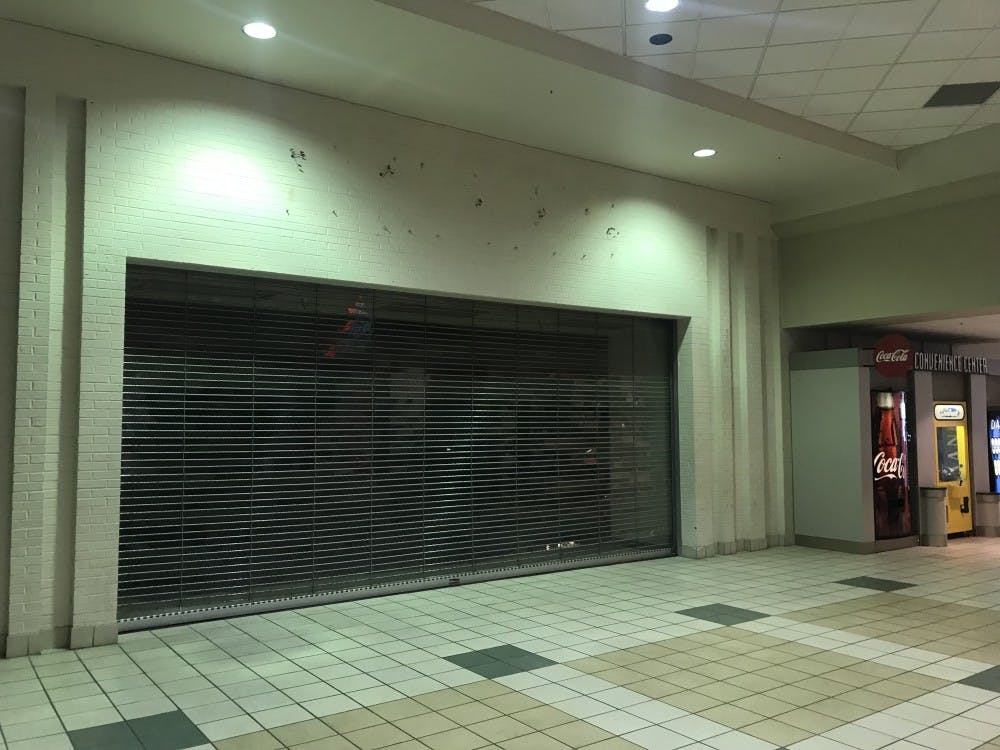INDIANAPOLIS — An Indianapolis judge plans to decide within 30 days whether Indiana's sweeping new school voucher law violates church-state separation clauses in the Indiana Constitution.
Marion Superior Court Judge Michael Keele heard about two hours of arguments Monday in a lawsuit filed by a group of teachers and religious leaders backed by the Indiana State Teachers Association. The lawsuit claims the law enacted earlier this year violates the state Constitution by providing public money to religious institutions.
The state contends the voucher system is legal because the state isn't directly funding parochial schools. Instead, it gives scholarship vouchers to parents, who can choose where to use them. Attorneys likened that to using state-funded scholarships at religious colleges.
"It's sending the money to follow the student," Indiana Solicitor General Tom Fisher said. Fisher and Bert Gall, with the Washington-based Institute for Justice, framed the debate in terms of freedom to choose schools rather than sending money to religious schools.
John West, a Washington lawyer representing voucher opponents, argued that Indiana lawmakers specifically amended the state constitution in 1851 to bar any tax dollars from going to religious schools.
"Do we really think the 1851 constitutional framers would have said: 'Oh, yeah. That's fine,'" West said of the new voucher law. He argued that giving families the money first then allowing them to pick the school where it went amounted to an end-run around the Constitution.
Keele declined in August to temporarily block the law while it was being weighed in court. Supporters of the voucher law attempted to build on Keele's August decision by arguing that "nothing changed" in the following months to give him any reason to block the law entirely.
Indiana's voucher program is the nation's most expansive. Lawmakers approved it during the 2011 session, Gov. Mitch Daniels signed it in May and it took effect at the start of the school year.
But a group of families, teachers and clergy backed by the state's largest teacher's union, the Indiana State Teacher's Association, quickly filed suit to block the law. Whatever the ruling is from Keele, it will most likely be appealed all the way up to the Indiana Supreme Court, ISTA President Nate Schnellenberger said after the hearing.
"We're talking about a very small piece of a very large school choice program," Fisher said, noting that students can choose to go to charter schools and public schools outside their district.
West contends the historical context shows that lawmakers were specifically trying to keep tax dollars from flowing to a growing number of Catholic schools which catered largely to Irish and German immigrants.
West wrote in his brief filed with the court that more than 99 percent of the 3,900 students who accepted vouchers this year ended up at religious schools, most of them Catholic.




